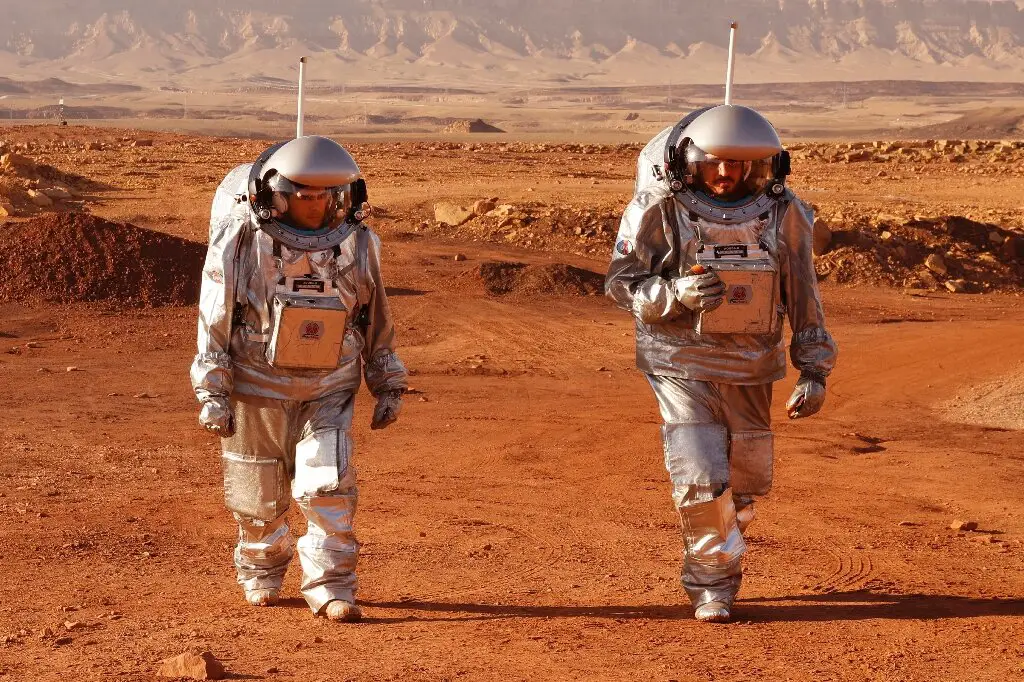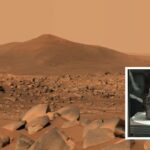According to recent research including Tim Peake, space flight causes more than a third of astronauts to become temporarily anemic by killing significant quantities of red blood cells. However, this does not present difficulties until they land since the symptoms only show with gravity.
According to academics, the finding of “space anemia” suggests that dreams of colonizing other planets, such as those of billionaire Elon Musk, may be more difficult to realize than previously thought.
They also proposed that it may prevent persons at risk of heart failure, angina (chest pains), and other diseases made worse by anemia from engaging in the emerging space tourism business.
Five of the 13 astronauts studied were clinically anemic when they returned to Earth following a six-month space mission, according to the researchers, because their systems destroyed 54% more blood cells in space than they would on Earth. Mr Peake may or may not have been one of the five.

They were usually back to normal in three to four months, although they were exhausted and weak throughout that period.
“Space anemia is detected upon arriving on a new planet and must be reversed,” Guy Trudel, a rehabilitation physician, and researcher at The Ottawa Hospital and professor at the University of Ottawa told i.
“The new planet’s gravity would have an influence on the recovery from space anemia.” When it comes to colonizing other planets, this is a factor that we may have overlooked,” he remarked.
According to Professor Trudel, the results may hinder – or perhaps prohibit – certain individuals from taking the kind of brief space flights that people like Sir Richard Branson have begun to do lately.
“Our results demonstrate that this accelerated breakdown of red blood cells was active from the very first measurements we took in space — five days after launch.” As a result, even brief trips or just reaching microgravity may be enough to start the phenomena.”
“Because the enhanced red blood cell destruction fades quickly after landing, there may be no long-term repercussions after a short trip.” “However, space travelers with red blood cell abnormalities or anemia, as well as disorders that might be aggravated by anemia – such as heart failure and angina – should be examined before takeoff and monitored throughout landing,” he stated.

The findings also cast doubt on longer space trips of a year or more, as it is unclear how long the body can function effectively at this higher rate of red blood cell destruction – even in the absence of gravity and even if, as scientists believe, the body compensates for some of the shortfalls by producing more red blood cells.
On the brighter side, the discoveries may open the path for novel anemia therapies here on Earth.
“If we can figure out what is causing this anemia, we may be able to cure or prevent it, both for astronauts and for people on Earth,” Professor Trudel added.
Space anemia was previously assumed to be a speedy reaction to fluids migrating towards the astronaut’s upper body when they initially arrived in space, according to previous research.
Every second, human bodies on Earth manufacture and destroy two million red blood cells. During their six months in space, astronauts destroyed 54 percent more red blood cells, or three million per second, according to the study. Both female and male astronauts achieved the same outcomes.

Researchers discovered that space-related anemia may be reversed, with red blood cell counts gradually returning to normal three to four months after returning to Earth.
The Canadian Space Agency financed the research, which was published in the journal Nature Medicine.




